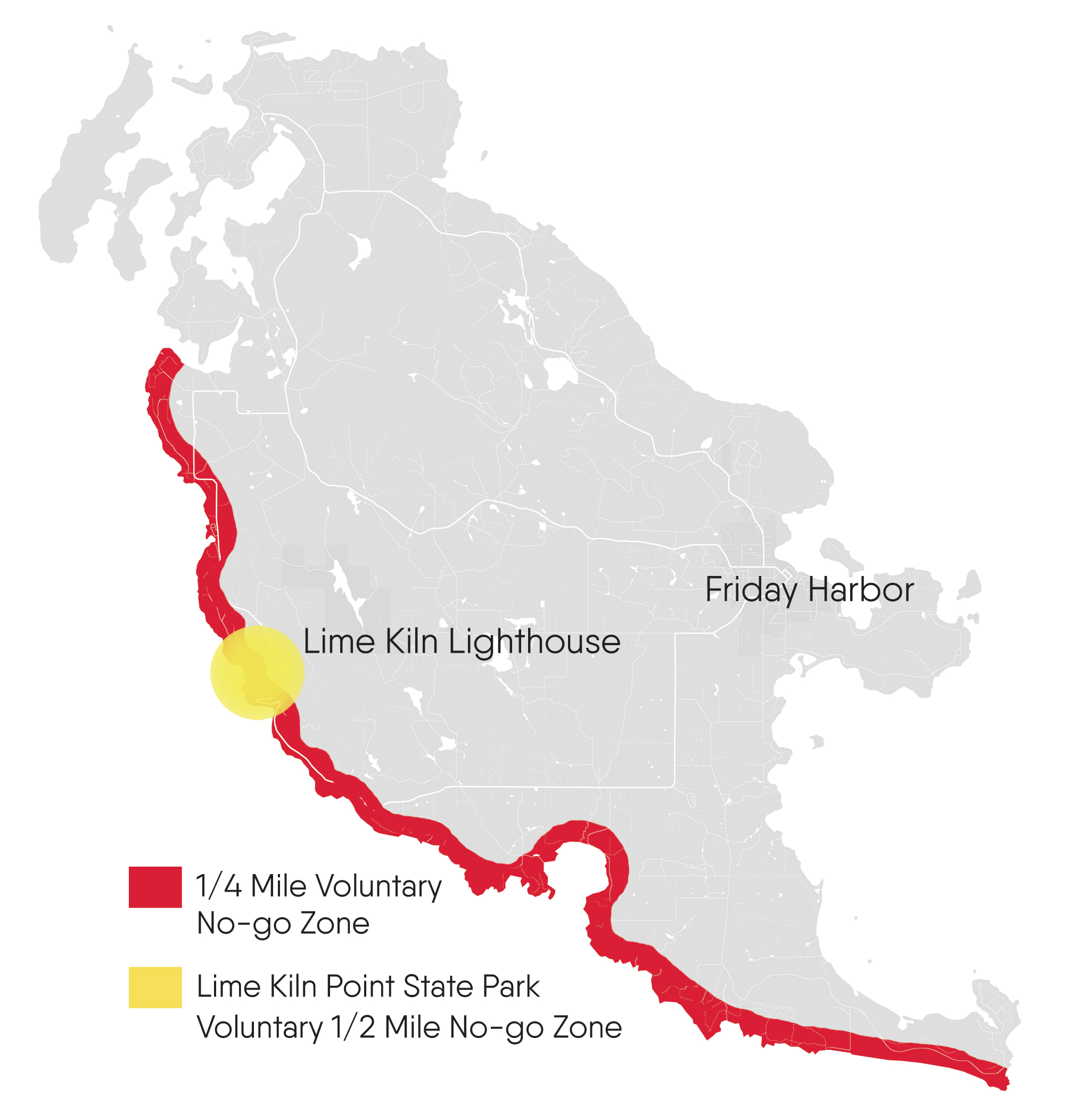Invariably, when I’m out with strangers on the Thursday night Downtown Sailing Series, the question will come up: “So what do you do for a living?” Depending on my mood, I can answer that question in a variety of ways. If we are between tacks, I can shout out, “I’m your advocate in Olympia!” If the seas are calm or it’s after the race, I feel a little more verbose and get into the details of what I do as a boat industry lobbyist in the Pacific Northwest.
Another way to get at what I do is to drive home the point that boating and boating businesses are all too often easy targets for lawmakers, agencies, and interest groups. If you do not boat, fish, or work in a boating business, then cutting out boating and fishing opportunities for a competing interest (like saving the whales or more bike lanes) can be an easy risk-management calculation for policy makers. I’m certain that was part of the rationale behind the recent Washington Department of Fish & Wildlife (WDFW) closure of the west coast of San Juan Island to recreational anglers, an effort to protect our endangered residential orca population. Keep in mind that there’s a task force that’s going to make recommendations to the governor on this very subject. Instead of trusting the process, WDFW went forward with this voluntary no-go zone announcement that cuts out access for recreational anglers. The good news is that this redress did not go unnoticed. Rather, your lobbying team (and trust me, you have a lobbying team) will keep this issue alive and part of the broader conversation as any future cuts to boating are made.

The list of potential threats to boating in Washington continues. Maybe you read recently about recreational fishing opportunities and the salmon setting season? Your voices are at the table during these decisions, too. Consider how much you pay as part of your registration fee to remove derelict vessels ($3 per registration) or to fund a defense system to ward off invasive species ($2 per registration). Is our money being put to its intended use? What about the proposed legislation that makes it tougher to go boating if you are into water sports? For example, there are regulations in the works for wakes from wakeboarding, which means that this issue will be coming to a state near you in the near future. Have you found it unfair that recreational boaters pay an excise tax (half of 1 percent of the boat’s value but owners of personal aircraft do not)? We have! There’s no end to this list, but there is an end to how far decision makers can go without hearing from us.
Lobbying doesn’t mean just meeting with legislators and agencies to talk boating and fishing. There’s the governor’s office, the governor himself, media, reporters, the general public, aligned interest groups, and special interest groups that don’t always understand our worldview. If you’ve ever tried to convince your family that an excellent boating spot should stay that way, you’ve nonprofessionally lobbied. Conversely, if your pro-boating pitch has even been countered, the dissenting voice at the dinner table is also lobbying their case. As a general rule, it’s always better to have conversations like this well before you announce your boat trip to said location.
The same is true for professional lobbyists. For example, when the recent National Electrical Code was announced, we were not even close to being at the kitchen table during this conversation. Fortunately, we ended up winning on this issue related to electrical current regulations in marinas, but it took a big megaphone and a choreographed campaign to get our seat at the “adult table.”
There are similarities between boating itineraries and lobbying. For example, if you want to wander around the town of Ganges on Salt Spring Island and your group is interested in farmers markets, the way to succeed is to tout the farmers market and not lead with what motivates you. Similarly, the federal Labor & Industries board cares about safety and was concerned about electro-shock drowning. This concern drove the development of the aforementioned National Electrical Code. If we had focused our counterpoints on how much these new regulations would cost the industry, we would have lost quickly.
Lobbying and boating are about maximizing opportunity when opportunities arise, and the best way to do that is to have rock solid relationships already in place with key people. The principles of lobbying are the same regardless if you are lobbying lawmakers, regulators, media, or your family. I suspect that these overarching tenets have not changed from James Madison to Dale Carnegie to Tony Robbins.
One issue for boaters to keep their eyes on is the Southern Resident Killer Whale Task Force. The Northwest Marine Trade Association’s President George Harris is one of the 44 members Governor Jay Inslee has appointed. I’ll update you as they meet and make recommendations; stay tuned.